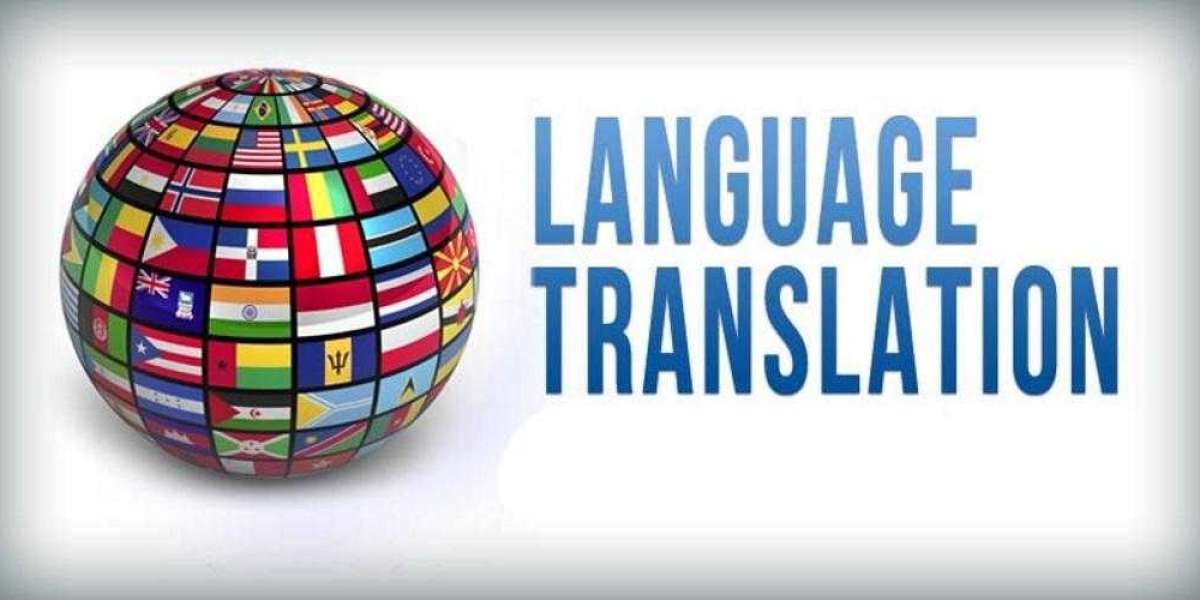So, you’ve come across a Wiki page in a language that looks like gibberish (unless you're multilingual, of course). Or maybe you’re trying to become a Wiki page translator yourself. Either way, you’re in the right spot. Translating a Wiki page isn’t just about clicking “Translate” on Google and calling it a day. Nope. There’s a little more to it—but don’t worry, it’s not rocket science!
Let’s break it down step-by-step in the most chill and simple way ever.
1. Know What You're Translating (Like, Seriously Read It)
Before you even touch the "translate" button, read the page. Sounds basic, right? But you’d be surprised how many people skip this part. You need to know what the page is about so you can translate it, not just turn it into a word salad. Understanding the content helps you keep the meaning alive in the new language.
2. Choose the Right Language (Don’t Just Guess)
When you're acting as a Wiki page translator, make sure you pick the correct language version. Not all languages work the same, and direct translations often don’t vibe well. Each language has its flavour, like how English says “cool” and another language might use something different. Pick the best fit!
3. Use Tools (But Don’t Rely on Them Like Your BFF)
Yes, Google Translate is handy. But if you're gonna be a pro, use it wisely. Tools like Deepseek, ChatGPT, and Microsoft Translator can help, but don’t let them do all the work. Review the output. Fix what doesn’t sound right. Bots don’t always understand slang or culture-specific stuff. You do. Be the brain behind the bot.
4. Watch Out for Wiki Style (It’s a Thing)
So, Wiki has its writing vibe—neutral, factual, and no drama. If you're translating something and it suddenly sounds like a blog or a rant, you’re doing it wrong. A good Wiki page translator keeps the original tone. No flexing, no opinions—just facts. Keep it clean and calm.
5. Don’t Translate Names and Brands (Seriously, Don’t)
Some stuff should not be translated. Names of people, cities, and brands usually stay the same. You don’t want “Taylor Swift” turning into “Sastre Rápida” in Spanish. Use common sense and keep the proper nouns as they are. If you're unsure, check if that name already exists in the translated language version of Wikipedia.
6. Double-Check Dates and Numbers (Don’t Be That Person)
One wrong digit and boom—you just said someone was born in 1892 instead of 1982. Or maybe you messed up a currency. Be extra careful with dates, measurements, and numbers. Different languages also use different formats (like commas vs. periods in numbers), so watch out for those small but mighty details.
7. Look for Existing Translations (Copy Smart, Not Hard)
Also, some Wiki pages already exist in different languages. Lucky you! Go to the left sidebar of a Wiki article, and you’ll see other versions. If you’re translating a new page, use those as a reference. It’s like having the answers to the test (but legally). A real Wiki page translator knows how to work smarter.
8. Translate the References, Too (Yup, Not Skipping This)
So, imagine you're looking at a Wikipedia page, and it has these little numbers in brackets, right? These are like secret pointers to where the information comes from, like a little map to the source. Now, if you're translating that page into a new language, you want those pointers to work for the folks reading the translated version.
Therefore, you need to check those references. Are they in the same language you're translating? They're not? Then, that's a problem. Why so? Because your readers won't be able to easily understand where the info came from. So, what do you do? You should try your best to find the same reference, but in the new language.
9. Proofread Like Your Life Depends On It
Okay, maybe not your life, but your rep for sure. Proofreading is your bestie. Read the translated page out loud, or better yet, ask a friend who speaks the language to check it. A real Wiki page translator doesn’t just hit “publish” and dip. You gotta polish that baby until it shines.
10. Follow Wiki Translation Guidelines (Because They Exist!)
Yup, Wikipedia has actual rules for translating content. You can check their guidelines and follow them like a map. It helps you avoid mistakes, copyright issues, and random Wiki drama. If you wanna be taken seriously as a Wiki page translator, knowing the rules = major respect.
Conclusion: You're Ready, Wiki Warrior
Translating a Wiki page might appear like a huge mountain to climb initially, but honestly, you'll conquer it once you grasp the process. Truly, it becomes second nature! Whether you're diving into it for fun, tackling a school project, or even picking it up as a cool side gig, becoming a Wiki page translator is, well, pretty awesome.
First off, you get to explore so many new topics, which is always a win. Secondly, you help people worldwide access vital information in their language, and that's incredibly impactful. Finally, you seriously sharpen your language skills all at once, making you a real language superstar! So go ahead—pick a page that interests you, choose a language you know, and show the internet what amazing skills you've got.
So, you've got this! And Yes! You'll do a fantastic job. Moreover, you'll feel a real sense of accomplishment helping others learn.







